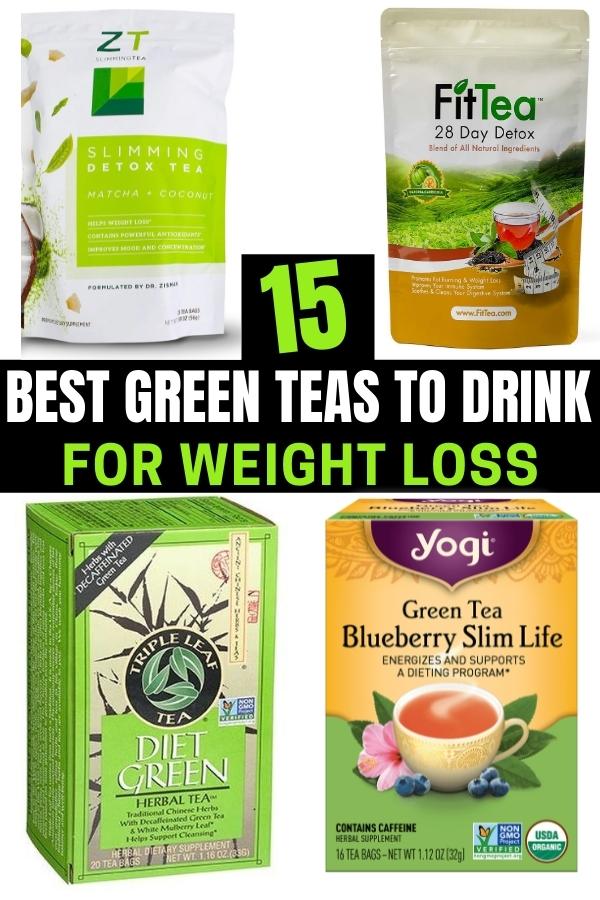Best Slimming Tea For Weight Loss

Urgent reports are flooding in: a new wave of slimming teas is hitting the market, promising rapid weight loss. But do they deliver, and more importantly, are they safe?
This article cuts through the hype to reveal the truth about slimming teas, highlighting effective options and crucial safety considerations for consumers seeking a boost in their weight loss journey. We'll focus on verifiable facts and expert opinions to provide a clear picture.
Decoding the Slimming Tea Craze
Slimming teas, also known as "detox teas" or "weight loss teas," have exploded in popularity, fueled by social media endorsements and celebrity promotions. These teas typically contain a blend of herbs and ingredients claiming to boost metabolism, suppress appetite, and promote detoxification. However, the actual effectiveness and safety can vary dramatically.
Senna, a powerful laxative, is a common ingredient found in many slimming teas. While it can lead to temporary weight loss by flushing out waste, it doesn't address underlying fat stores. Prolonged use of senna can lead to dehydration, electrolyte imbalance, and even dependence, making it a risky choice.
Other frequently used ingredients include green tea extract, Oolong tea, dandelion, and yerba mate. Some studies suggest that these ingredients may offer mild metabolic benefits. However, the effects are often modest and not a guaranteed solution for significant weight loss.
The Science-Backed Options: Separating Fact from Fiction
Green tea extract stands out as one of the more researched ingredients. Studies indicate that its high catechin content may contribute to a slight increase in metabolism. However, the effect is often more pronounced when combined with a healthy diet and regular exercise.
Oolong tea, another type of tea, also shows promise in some studies, suggesting it can promote fat oxidation. Again, this is more effective when integrated into a comprehensive weight management plan. Relying solely on Oolong tea won't produce dramatic results.
Ingredients like dandelion and yerba mate are often promoted for their diuretic properties. This means they can help reduce water retention. The weight loss seen is temporary and doesn't translate to actual fat loss.
Navigating the Risks: Safety First
The primary concern with slimming teas is the potential for adverse side effects, particularly with products containing laxatives like senna. Dehydration, abdominal cramps, and electrolyte imbalances are common complaints. Long-term use can also disrupt normal bowel function.
Furthermore, slimming teas may interact with certain medications. This makes it crucial to consult a healthcare professional before incorporating them into your routine, especially if you have underlying health conditions.
The Food and Drug Administration (FDA) does not regulate dietary supplements, including slimming teas, as strictly as prescription drugs. This means that the ingredients listed on the label may not accurately reflect the actual contents, posing a risk to consumers.
Expert Advice: A Holistic Approach to Weight Loss
Registered dietitians and healthcare professionals emphasize that there is no magic bullet for weight loss. A balanced diet, regular physical activity, and adequate sleep are the cornerstones of a healthy and sustainable weight management strategy.
Slimming teas, at best, can be considered a supplementary tool, but they should not be relied upon as the primary method for losing weight. Consulting with a doctor or registered dietitian is essential before using any weight loss supplement.
Focusing on whole, unprocessed foods, portion control, and regular exercise is crucial for achieving long-term success. Avoid quick-fix solutions that promise unrealistic results, as they often come with potential health risks.
The Bottom Line: Proceed with Caution
The allure of slimming teas is understandable, but consumers must approach them with caution. While some ingredients, like green tea extract, may offer mild benefits, the overall effectiveness and safety of slimming teas are highly variable.
Prioritize a holistic approach to weight loss that includes a balanced diet and regular exercise. If you're considering using slimming teas, consult your doctor first. They can provide personalized guidance and assess potential risks based on your individual health profile.
Ongoing research continues to explore the potential benefits and risks of various herbal ingredients used in slimming teas. Stay informed and make informed decisions based on scientific evidence, not just marketing hype.
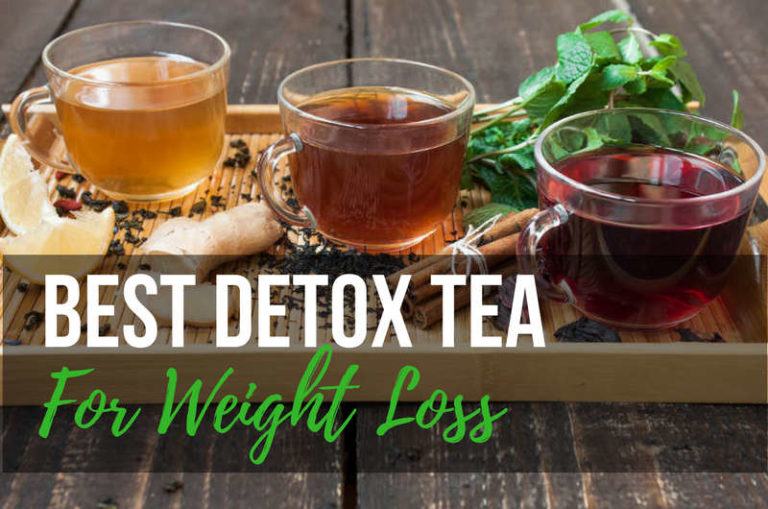

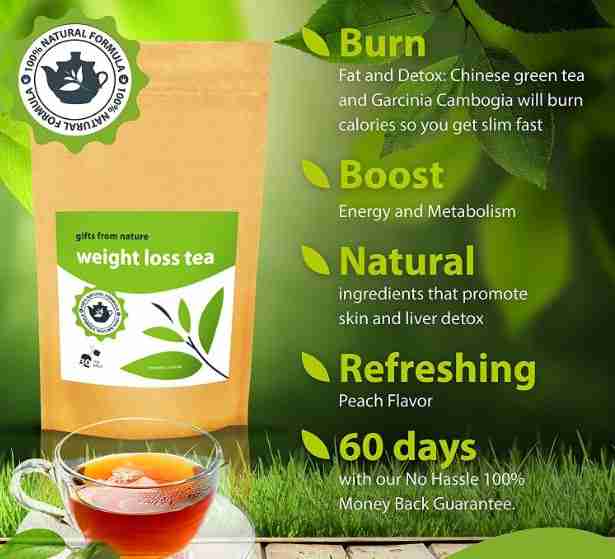

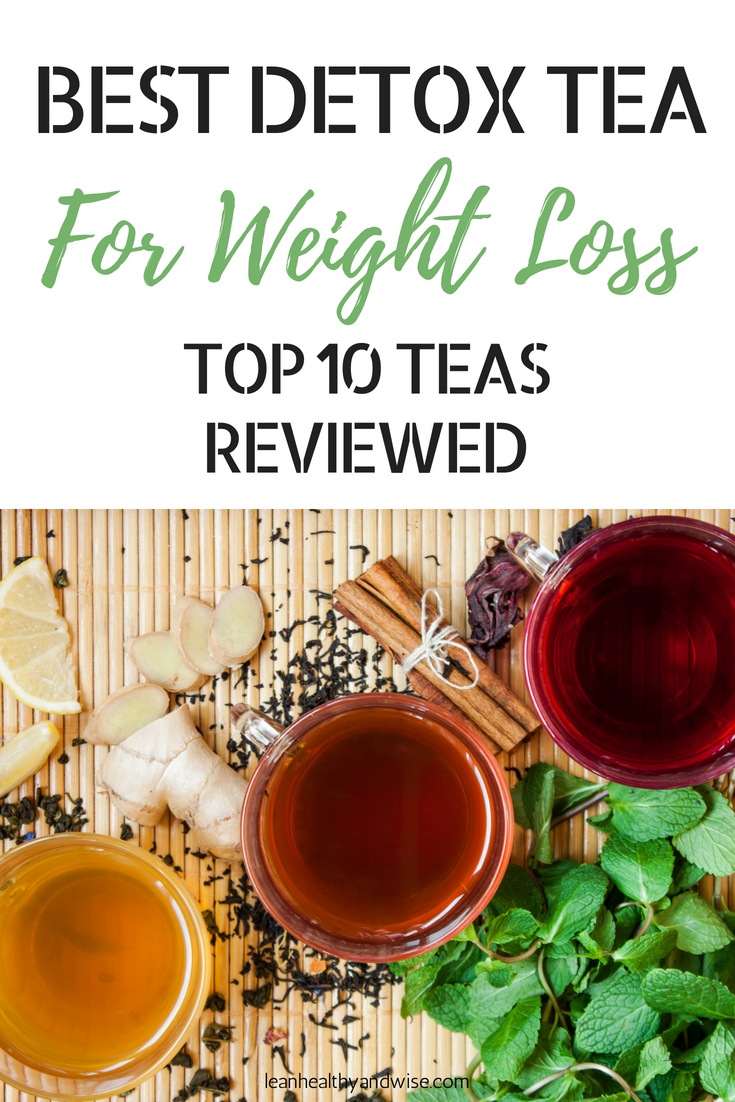


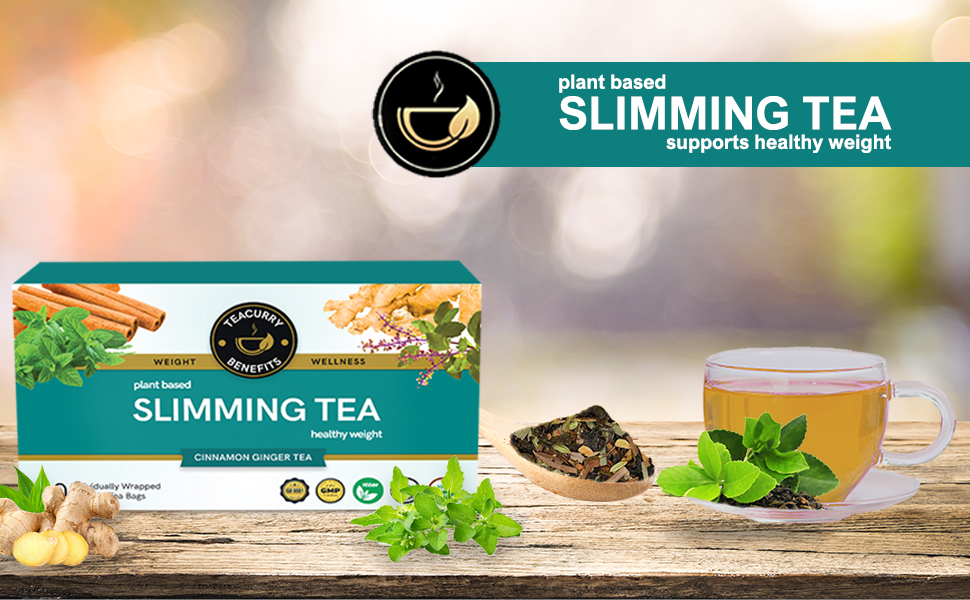


/product/60/887823/1.jpg?9574)
